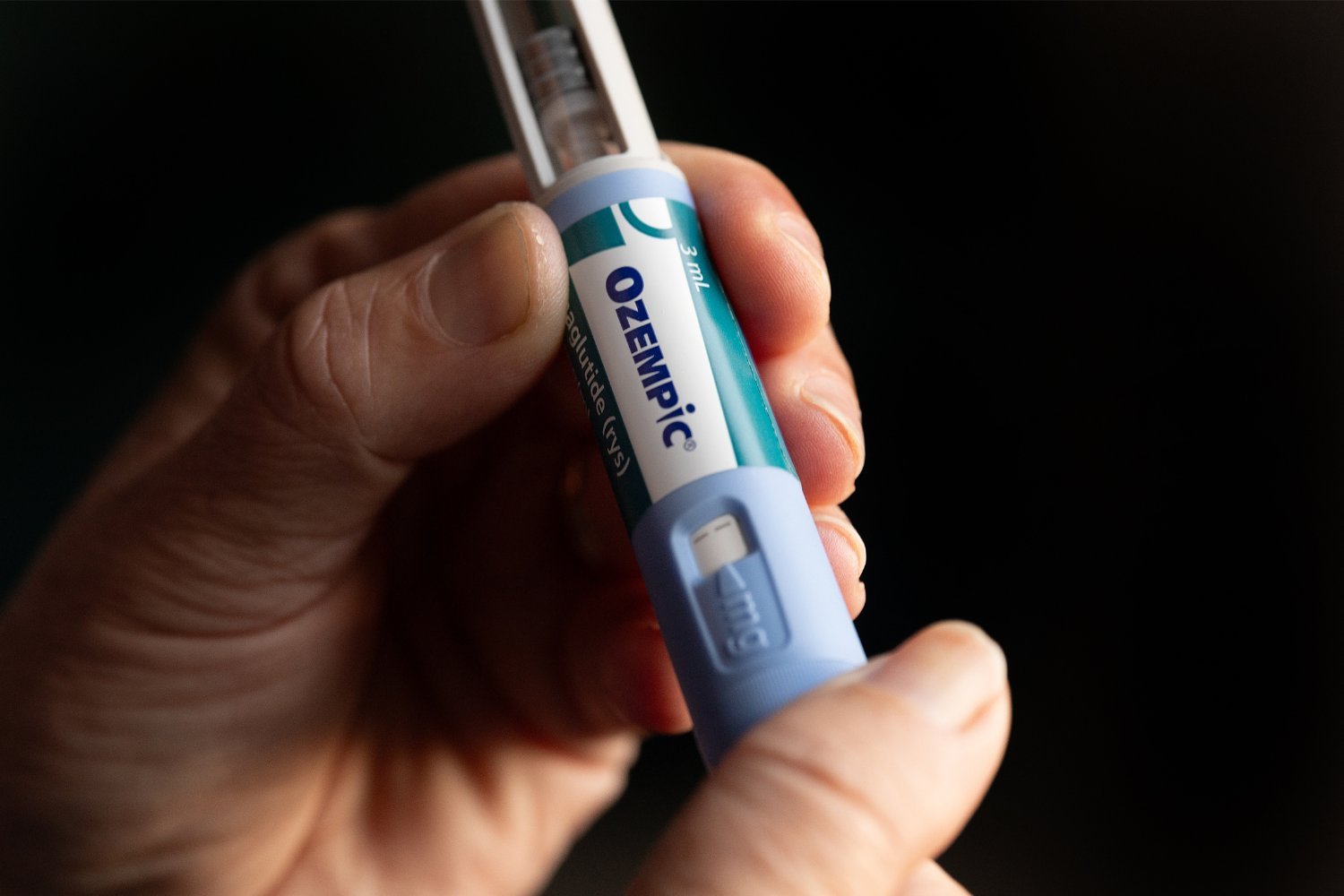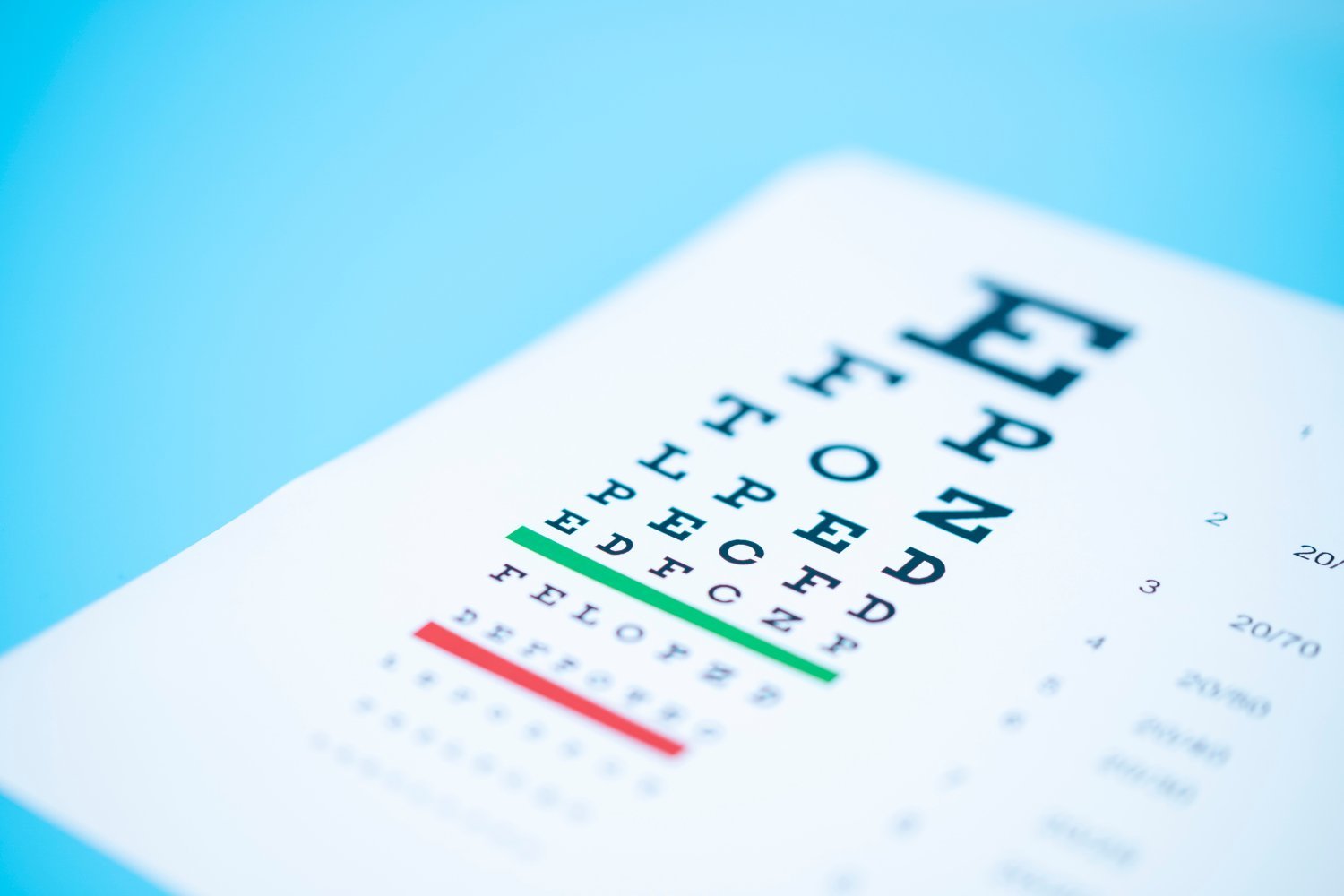Weight loss medications like Ozempic and Wegovy have garnered significant attention, but their impact extends beyond shedding pounds. New research indicates a strong correlation between weight loss and reduced healthcare expenses, potentially bolstering the case for these newer, more effective treatments.
A recent Emory University study analyzed healthcare spending among individuals with private insurance and Medicare, revealing that even a modest 5% weight loss over a year led to noticeable cost reductions. This discovery has substantial implications for evaluating the overall value of modern weight loss medications.
While obesity itself isn’t always unhealthy, it significantly increases the risk of various health issues, including knee pain, type 2 diabetes, and obstructive sleep apnea. These obesity-related conditions impose a burden not only on individual well-being but also on healthcare systems. A 2021 study estimated that obesity contributed to a staggering $260 billion in annual US healthcare costs as of 2016. Building on previous research linking obesity treatment to lower healthcare costs, this new study offers a broader and more current analysis of these financial benefits.
Researchers utilized data from the Medical Expenditure Panel Survey–Household Component, a nationally representative survey of Americans’ health-related spending. The survey’s two-year structure enabled researchers to track spending changes following significant weight fluctuations. The study focused on Americans with a BMI over 25 (the overweight threshold) and at least one of ten chronic conditions, eight of which are linked to obesity. The analysis included 17,209 adults, with over 3,700 Medicare beneficiaries.
The study estimated that individuals with private insurance who lost 5% of their body weight spent 8% less on healthcare (approximately $670 in 2023 dollars). Those achieving a 25% weight loss saw a 34% reduction in healthcare spending (almost $3,000). Similar percentage savings were observed for Medicare patients, but the actual dollar amounts were higher due to their generally higher healthcare costs. A 5% weight loss for Medicare patients resulted in an average $1,262 reduction (7%), while a 25% weight loss saved them an average of $5,442 (31%).
Published in JAMA Network Open, the study highlighted these substantial projected annual savings from weight loss for both Medicare and employer-based insurance.
It’s important to note that the data predates the widespread availability of newer GLP-1 drugs like Ozempic (approved for diabetes in 2017) and Wegovy (approved for obesity in 2021). The effectiveness of these medications in facilitating significant weight loss (10-20% in clinical trials) suggests that the potential healthcare savings could be even greater in the current landscape.
The high cost of these medications (over $1,000 per month) is a crucial factor in assessing their cost-effectiveness, especially considering limited insurance coverage. While Medicare doesn’t cover anti-obesity medications, some coverage may be available for obesity-related conditions. Studies on bariatric surgery, another costly intervention, have shown net healthcare savings due to effective obesity reduction. Furthermore, the researchers only considered healthcare costs related to existing obesity-related conditions. The potential savings could be even higher if the preventative effects of GLP-1 therapy in avoiding these conditions are considered.
The researchers advocate for improved access to new weight loss medications, alongside existing evidence-based behavioral interventions, to reduce obesity-related healthcare spending. Beyond financial savings, these drugs may also contribute to saving lives. A recent study estimated that increased GLP-1 drug uptake could prevent 42,000 annual deaths in the US from obesity- and diabetes-related health problems.











